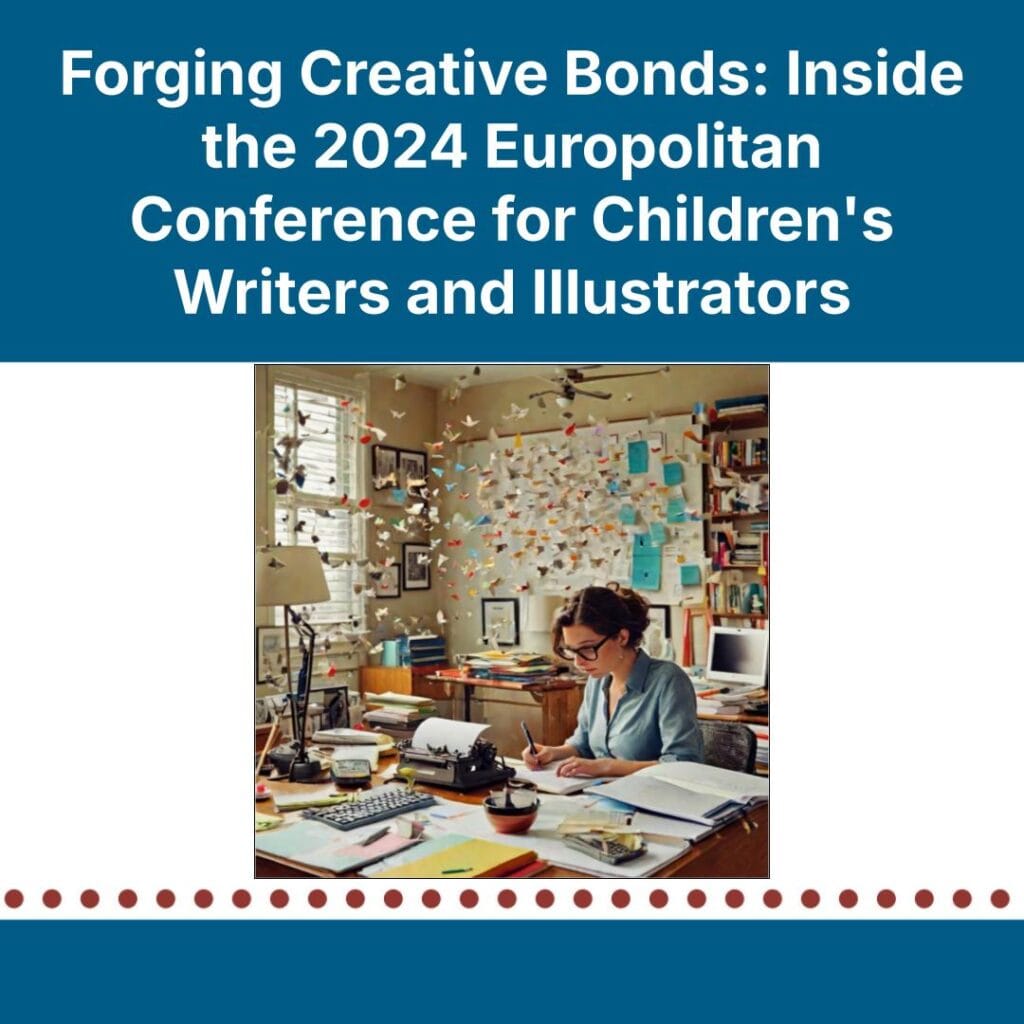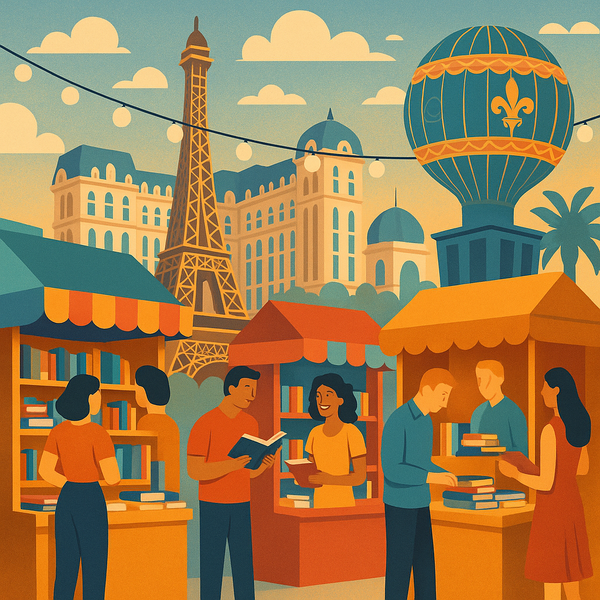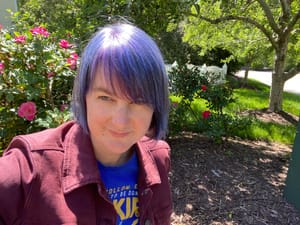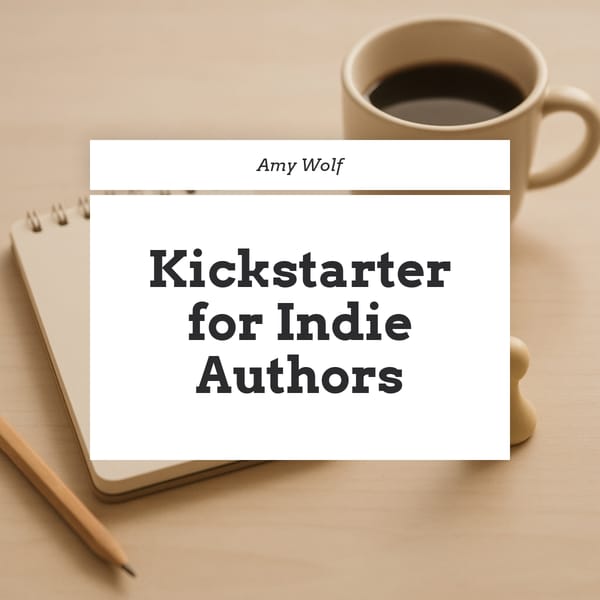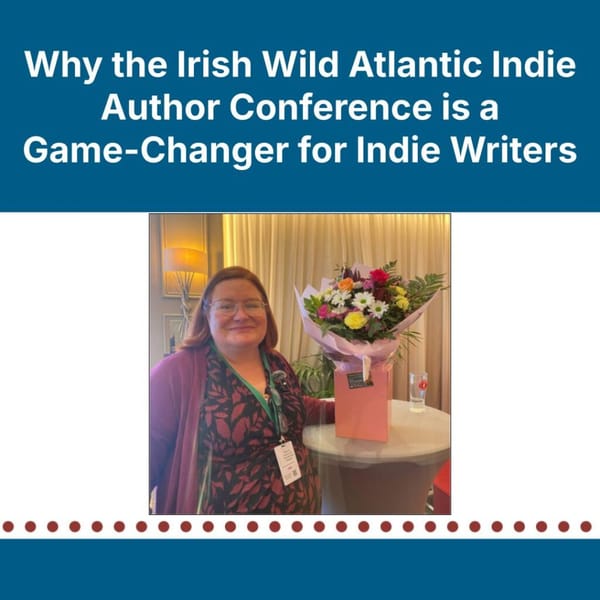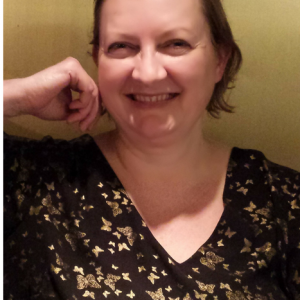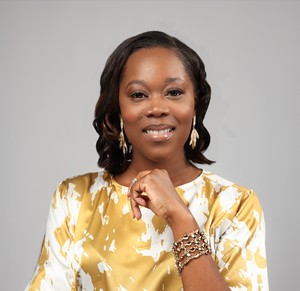Moving to a new place can feel like living life on the fringes, especially for indie publishers working to make connections. The culture of your new home can be confusing and isolating, and the language might differ from the one you are writing in. When you are uprooted, how do you find local writers, new readers, and a new path to give you hope?
At the final session of the Society for Children’s Book Writers and Illustrators (SCBWI) 2024 Europolitan conference, Katja Rammer gave this advice: “Start with one other person.” As volunteer regional advisor for SCBWI Germany/Austria, Rammer knows what she’s talking about. She’s been working to make this “Craft, Creativity, and Connections” conference happen since 2019.
The first Europolitan conference, held in Paris in 2013, was the brainchild of several other SCBWI regional advisors in Europe. SCBWI regional advisors are unpaid volunteers who help children’s writers and illustrators connect in each geographic region. Kirsten Carlson (Germany), Mina Witteman (The Netherlands), Tioka Tokedira (France), and Jay Whistler (Switzerland) originally intended the Europolitan conference to alternate years with the SCBWI presence at the Bologna Book Fair in Italy. Europolitan conferences took place in Amsterdam in 2015, Belgium in 2017, and Zürich in 2019. Then came the pandemic and complex German requirements for nonprofit organizations, which delayed the most recent Europolitan until the fall of 2024.
On October 25, however, the weekend-long Europolitan kicked off with three opportunities to jumpstart the imagination: a scrawl crawl, a cathedral tour, and a picture book museum tour.
A scrawl crawl is an SCBWI tradition in which participants use sketchbooks or notebooks to capture local characters, setting, mood, or even the seeds of a new story while on the move. The scrawl crawl group set off over the Hohenzollern Bridge over the Rhine River and into Cologne, walking past thousands of engraved padlocks locked to the bridge’s sides by loving couples. Other children’s writers and illustrators toured the soaring and dark Cologne Cathedral, saw the golden shrine containing relics of the three kings, or three wise men, and learned the stories of the eight-hundred-year-old stained glass windows. Meanwhile, another group toured the picture book museum in Burg Wissem, one of fewer than five museums worldwide with a focus on children’s books.
For the forty-four attendees, the small conference sessions, high faculty-to-attendee ratio, planned socials, and lunch mixers allowed excellent discussions with Anthony Hinton, editor at David Fickling Books; illustrator and author Jutta Bauer; Non Pratt, editor at Walker Books; author Melinda Salisbury; Alisha Niehaus Berger, art director and editor at Nord/Süd; author Anita Lehmann; author and illustrator Candy Gourlay; and Julia Smith, of the Peretti Agency.
In between sessions, writers could pitch their work-in-progress in ten words, illustrate a random prompt on an index card for a contest, chat with students from the local Cologne International School, or enter an illustration portfolio into a competition judged by the faculty.
A variety of hands-on workshops honored the effort everyone made to attend the in-person event. Examples include a grid exercise for plotting the emotional journey of a story by author and illustrator Candy Gourlay and an interactive revision game by author Melinda Salisbury based on a puzzle that regularly appears in the New York Times. In the self-publishing session I created with picture book author Kelley Donner, we hosted an indie publishing game à la Dungeons & Dragons.
Conversations about how and what to publish and book recommendations in English—and Spanish—continued in the evenings. Faculty and volunteers talked publishing at the top of their lungs inside the noisy Brauhaus ohne Namen—translated as “brewery without a name.” The massive German feast included smoky pumpkin soup; spätzle, a dish of noodles with cheese sauce; schnitzel, breaded boneless pork chops; or sauerbraten, marinated pot roast and dumplings; and ended with apfelstrudel, or chopped apples rolled up in pastry. The Cologne dialect and the local beer share the same name, Kölsch, and their ads say it’s “the only language you can drink.” Waitstaff used the square cardboard coasters to keep score, making an X for each glass of local beer consumed, up to four per person. Cologne beer glasses are smaller than those in Bavaria, but four glasses each has only one interpretation: Germans like beer.
The many opportunities at the 2024 Europolitan grew out of the steady volunteer work of Rammer and her willingness to “start with one other person.” Writers, illustrators, and publishers tend to know others with similar interests, so each person leads to the next, until there’s a great team. In the same way, your craft, creativity, and connections could snowball toward success in 2025. All you have to do is reach out to one other person. Who will it be?
For those interested in attending future Europolitan events, sign up for the nearest European SCBWI region at https://www.scbwi.org/regions and keep an eye on the announcements. Premium membership to SCBWI costs $99 for the first year and $85 annually afterward, but nonmembers can create an account on the website for free.
Laurel Decher

